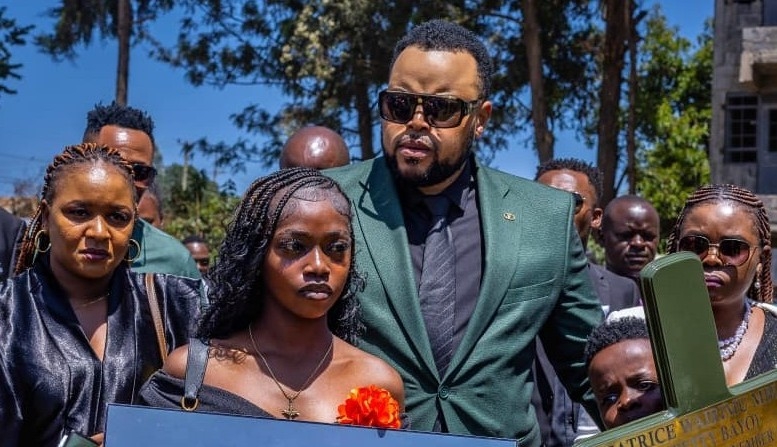In a world where silence roars louder than any storm, Purity Lonkisa has refused to let the shadows prevail.
With determination and courage, she has forged a path towards healing and hope for girls who have endured the pain of going through female genital mutilation and has been like a haven for the victims and those who have survived.
Born in Kajiado, Lonkisa’s burning desire to save these girls led her to establish a haven for them – a safe house.
The haven has served as a sanctuary where girls find solace, healing and support.
According to the Kenya Demographic and Health Survey data for 2022, the prevalence of FGM in the country is 15 per cent.
This means 15 per cent of girls and women aged 15 to 49 have been cut.
Therefore, Lonkisa’s story towards having a haven is not just a story about a girl and her safe house; it is a story about resilience, compassion and the transformative power of one person's unwavering commitment to making a difference
Lonkisa is the founder of a community-based organisation called Empowering with Nailantei and the chairperson of a community-based organisation called Wings of Hope.
She says her inspiration to build a safe space for the girls was to encourage girls both survivors and those who have undergone the cut to love and build each other, without identifying the circumcised and uncircumcised girls, thus fighting stigmatisation.
Lonkisa also says the other inspiration to open a safe house rose from what she saw the girls in her community go through.
However, she says, the decision did not come without a challenge.
“Coming up with an organisation that empowers girls to say no to FGM was a big challenge because some people saw it as a threat to the community laws and tradition,” she says.
Despite that, she opened Empowering with Nilantei safe house.
Lonkisa says her organisation offers victims psychosocial support and also refers them to other safe houses around the county.
“We have been able to empower over 100 girls to accept themselves and empower them more on loving education,” she says.
Lonkisa is currently pursuing a Bachelor in Sociology and Technology and a Diploma in Community Development.
She says her organisation offers other services like mentorship and programmes that raise awareness about FGM.
“As an organisation, we have programmes to raise awareness about FGM, like the after-school programme because when they close school most girls go through FGM. So we come up with topics and places to host the girls and teach them away from home,” Lonkisa says.
“We collaborate with various organisations in the county to raise awareness and also the county government and the Children's Department. The community as a whole can contribute to ending FGM through supporting girl child education and women to understand that FGM is not a men's decision; it's their own decision to stop it.”
One of the beneficiaries, Mercy* is grateful to Lonkisa because her safe haven saved her.
"We're so grateful for Empowering with Nailantei for allowing us to learn about our health and educating us about the retrogressive culture that should be stopped. We stand [together to] say no to FGM," Mercy says.
Ruth Mbuguah, the administrator of Kajiado Children’s Home, explains how the victims access the safe houses.
She says for a case like early marriage or FGM, most of the time victims run away from home with the help of volunteer children's officers on the ground or well-wishers in the community.
“For others, the case is reported and victims are rescued by children’s officers in collaboration with the police and the victims are placed in the centres/safe houses,” Mbuguah says.
She explains that some victims face challenges while trying to access the safe houses.
The challenges, she says, include early marriage and FGM where girls are always threatened that if they go against their parents' wishes and their culture, they will be cursed
“Some are not aware of where to report or run to for help. In some cases, elders in the community are supportive of the harmful cultural practices therefore victims have no one to advocate their rights,” Mbuguah says.
“Means of transport is another challenge keeping in mind some of these happen in the interior and for a victim to access a safe house or even police station, they need to travel up to the urban areas.”
Mbuguah says despite the challenges, they have success stories.
One of the success stories is that of a girl named Naomi.
“Naomi was rescued in 2005 when she was about to be married off. She got shelter at Kajiado Children’s Home, was educated and later reconciled with her parents. Today, she operates a successful tailoring business in Kajiado town, is married and blessed with two children,” Mbuguah says.
She says to ensure more success stories, the government should establish child protection centres in rural areas and ensure offenders are taken to court and sentenced.
“We kindly request that victims of cases like sexual abuse be presented to testify in court as soon as possible because at times the cases take long to start, a child goes through counselling and begins to heal only to be presented in court later and the memories and narration of what happened start afresh and this prolongs the healing process,” Mbuguah says.
“Being charitable institutions, we entirely depend on donations from well-wishers. It will be of great help if the government can set aside some funding to provide support to these institutions. It could be through the provision of scholarships, donations of food among others.”
According to Mbuguah, media can also raise awareness by empowering the vulnerable to know their rights and where and how to report cases, highlight the cases and follow to the end to ensure the victims get the justice they deserve and talking about the toll numbers available for victims.
According to UNFPA Kenya, former President Uhuru Kenyatta made a firm commitment to put an end to FGM by 2022.
The enactment of the Prohibition of FGM Act, 2011 was a key milestone in the campaign to end FGM in the country.
Despite the legislative and policy measures put in place to prohibit the practice, it persists in certain communities.
According to data from the United Nations, one in five women and girls aged between 15 and 49 in Kenya have undergone FGM, which usually involves the partial or total removal of the female genitalia and can cause a host of serious health problems.
Kenya outlawed FGM in 2011, putting stringent penalties on perpetrators with the offences including aiding or abetting FGM, the possession of tools to carry out the practice, and failure to report a person carrying out FGM.
The law stipulates a prison sentence of not less than three years or a fine of Sh200,000 or both for the crimes.
A person who causes the death of a girl through FGM can be sentenced to life imprisonment.







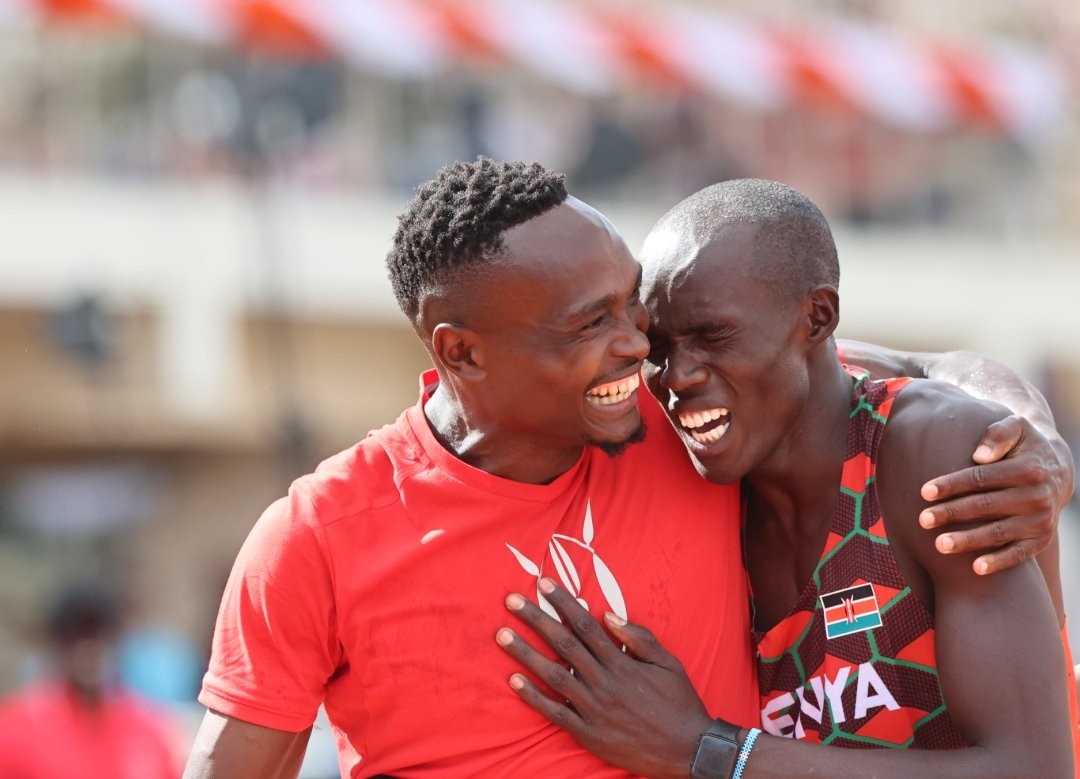
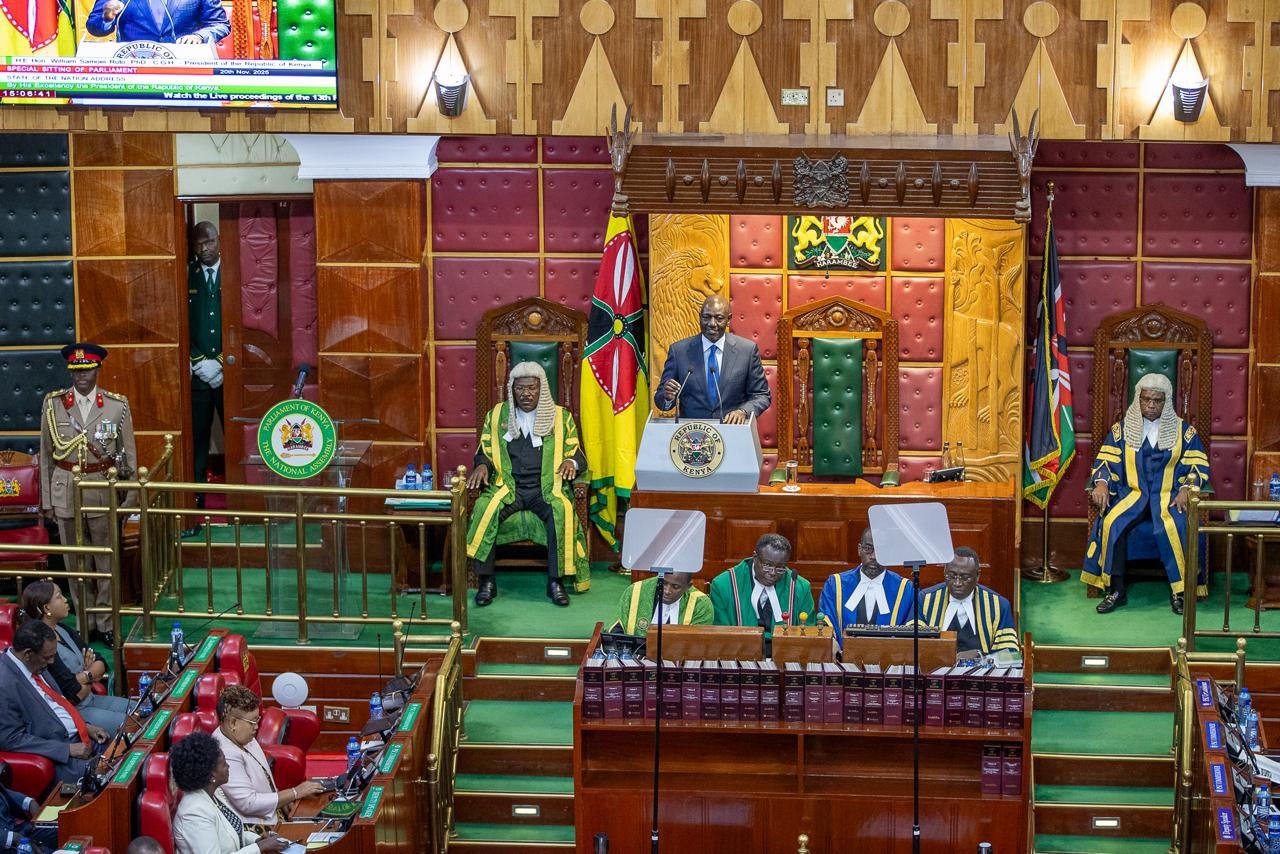

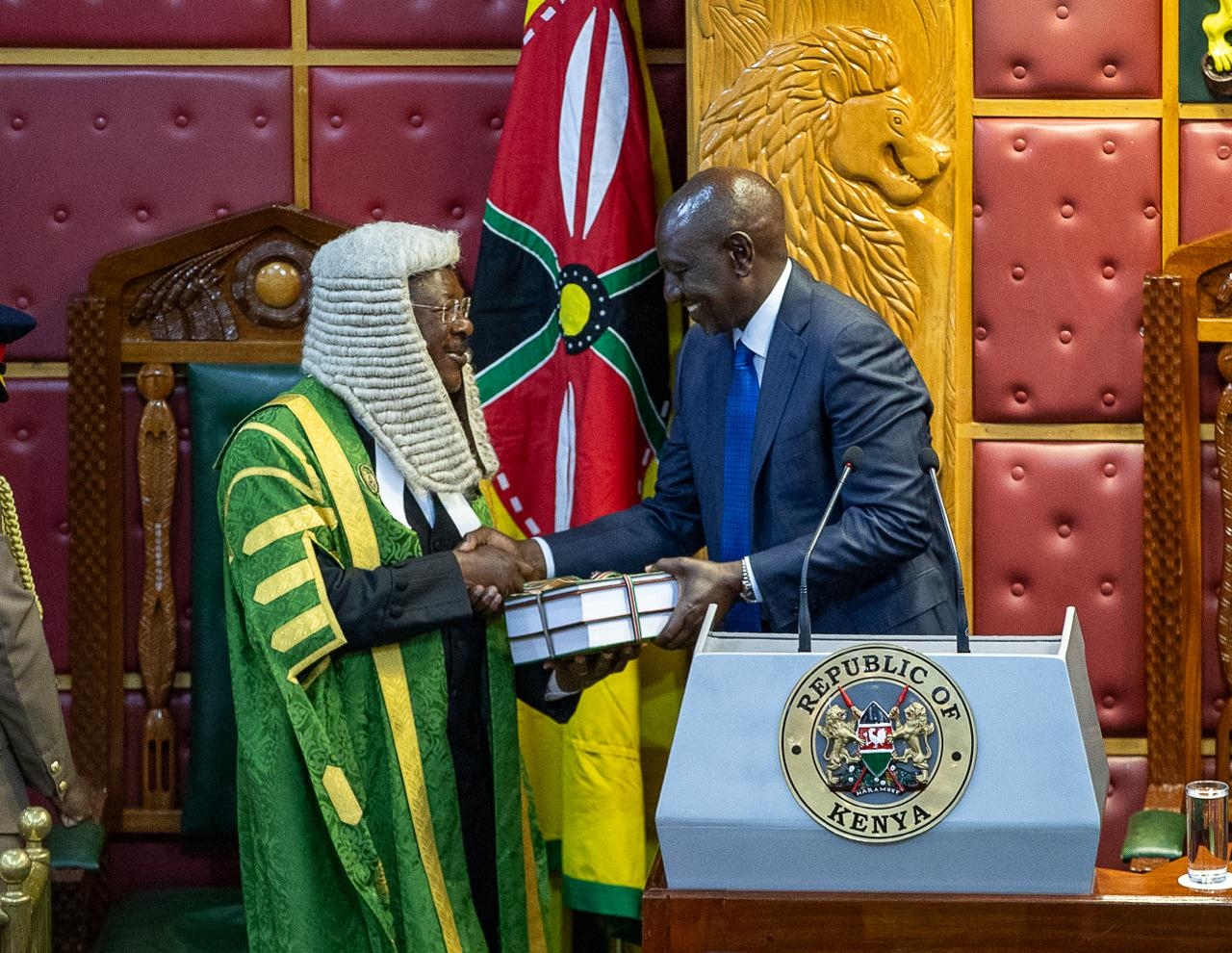
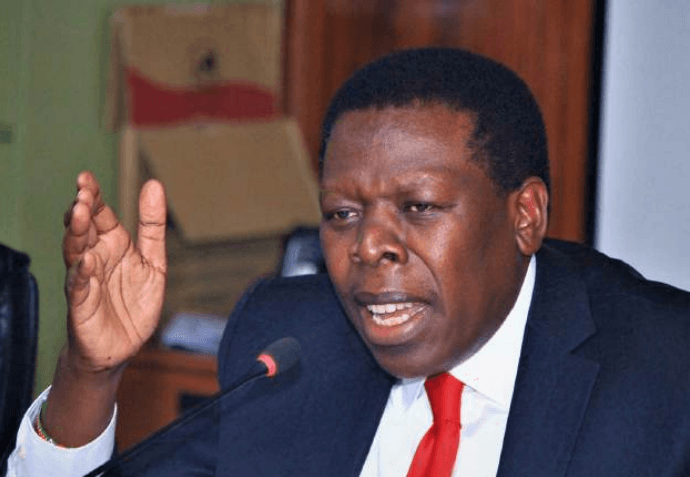

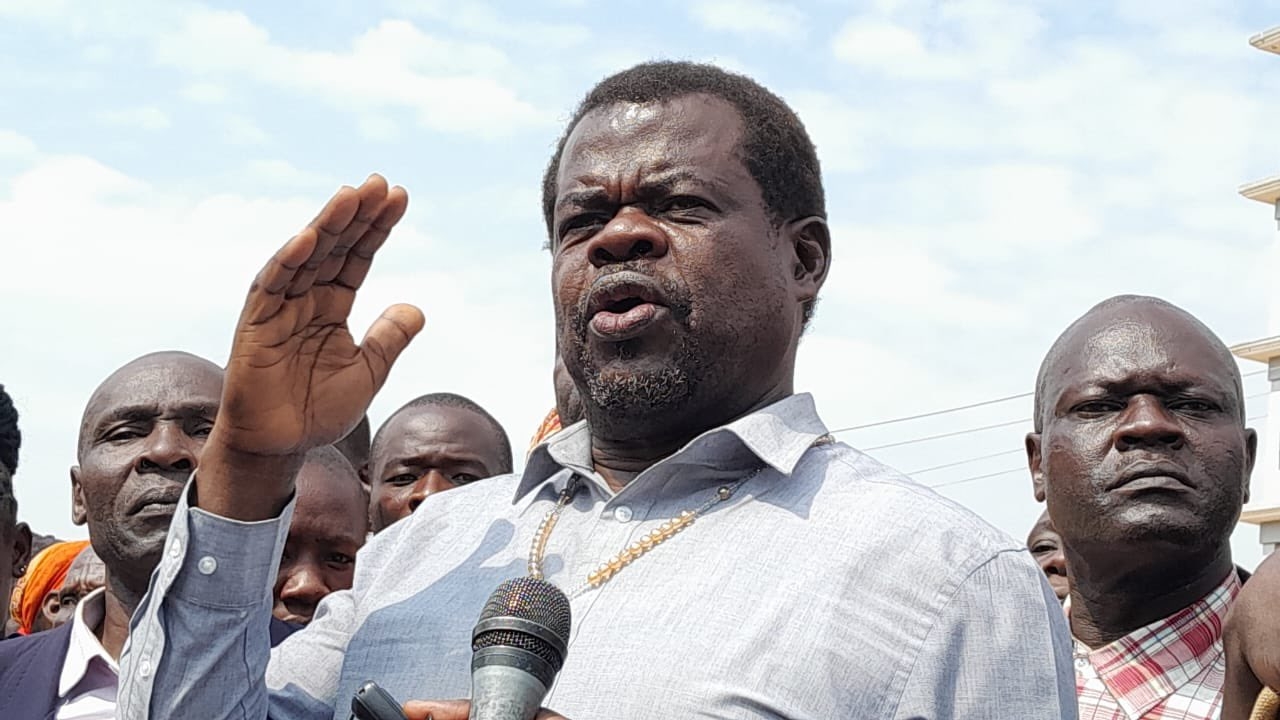

![[PHOTOS] Betty Bayo laid to rest in Kiambu](/_next/image?url=https%3A%2F%2Fcdn.radioafrica.digital%2Fimage%2F2025%2F11%2F3b166e2e-d964-4503-8096-6b954dee1bd0.jpg&w=3840&q=100)
